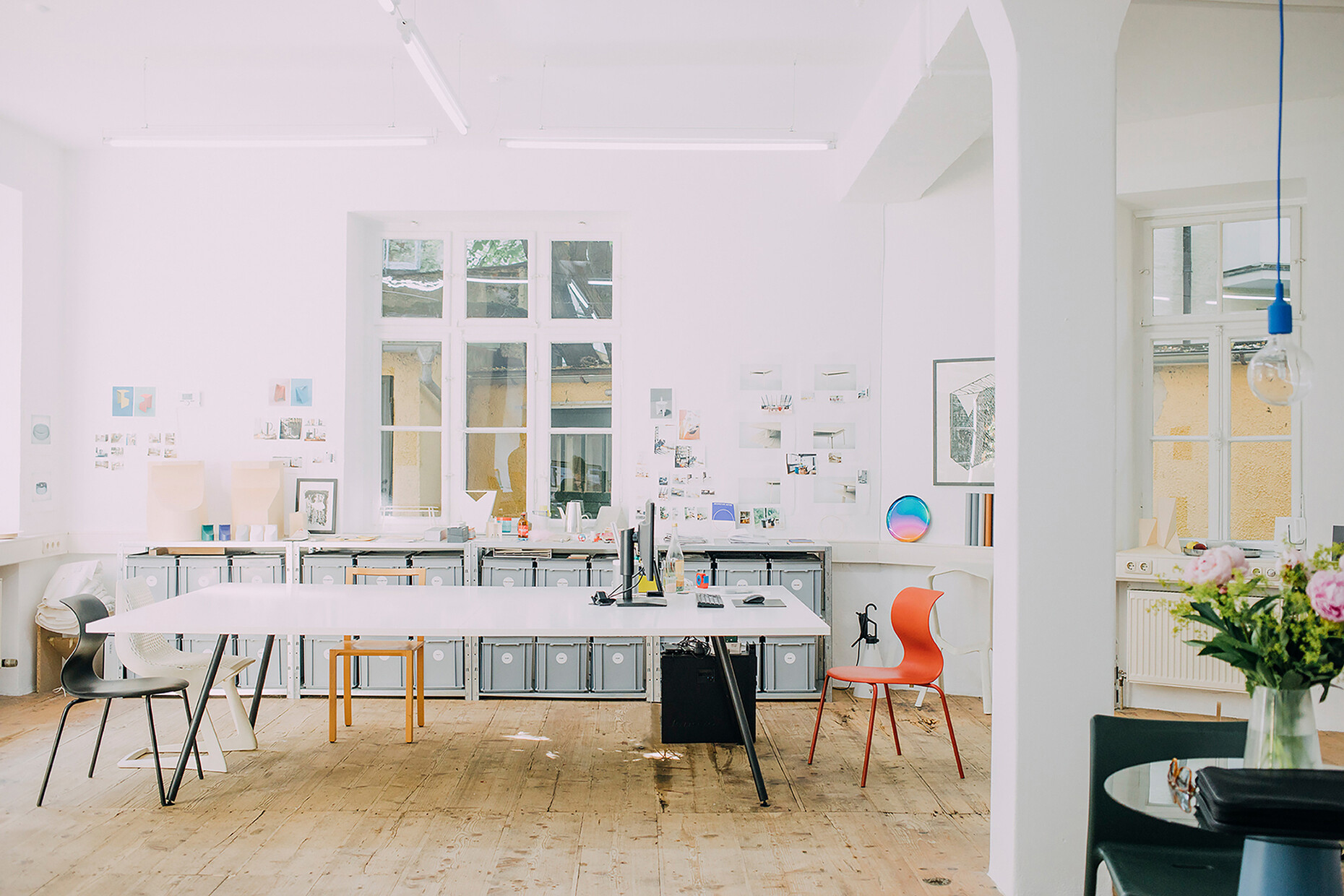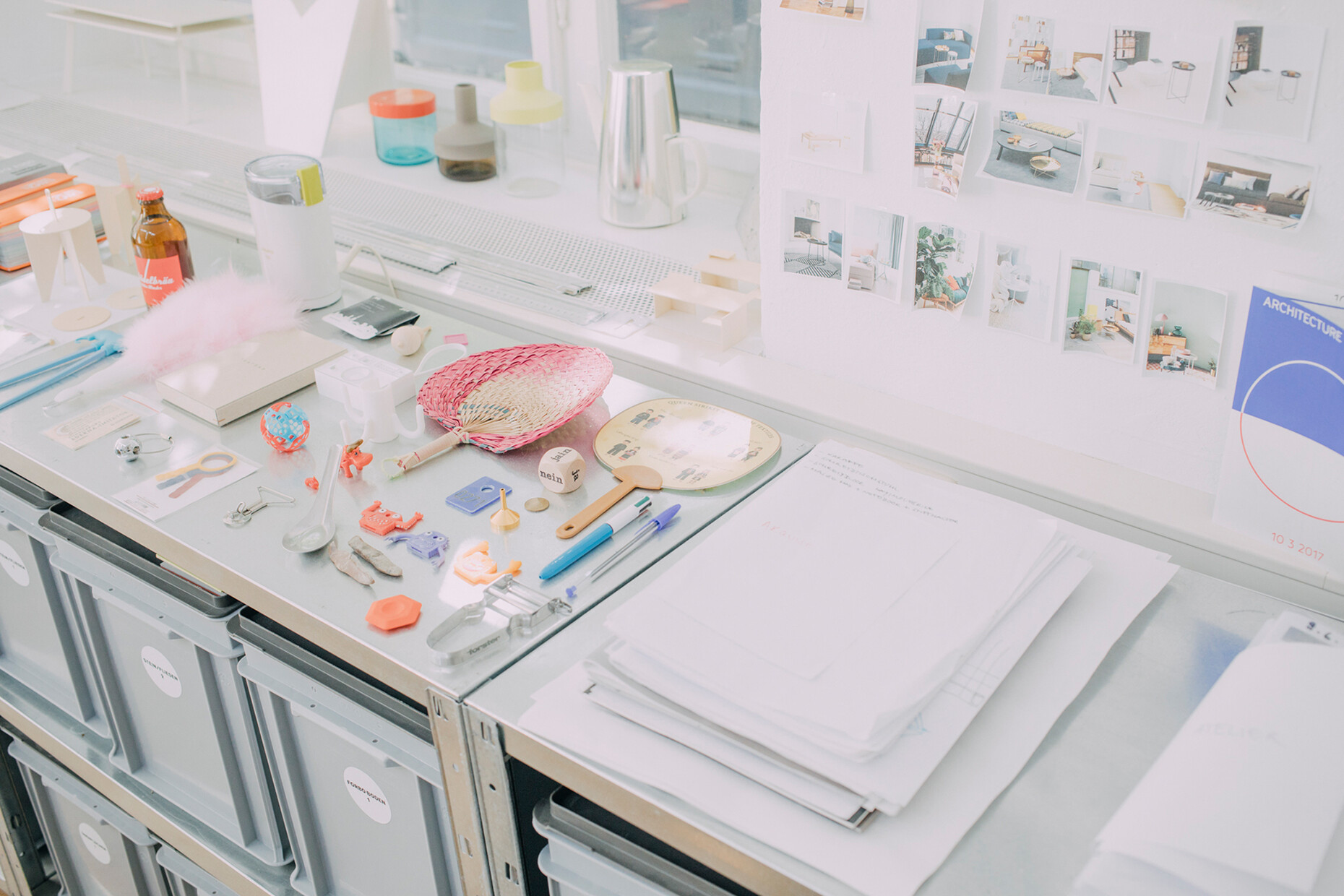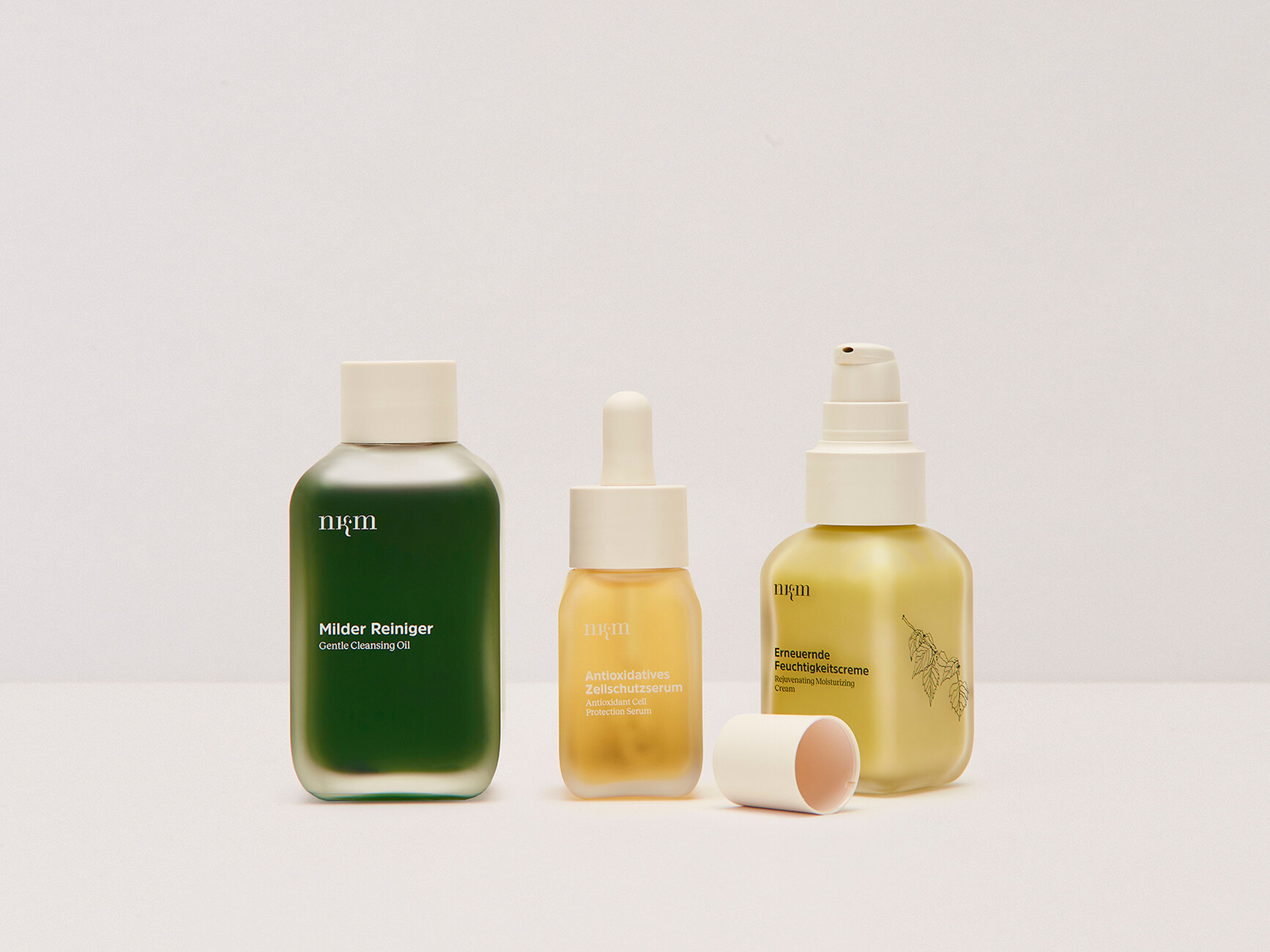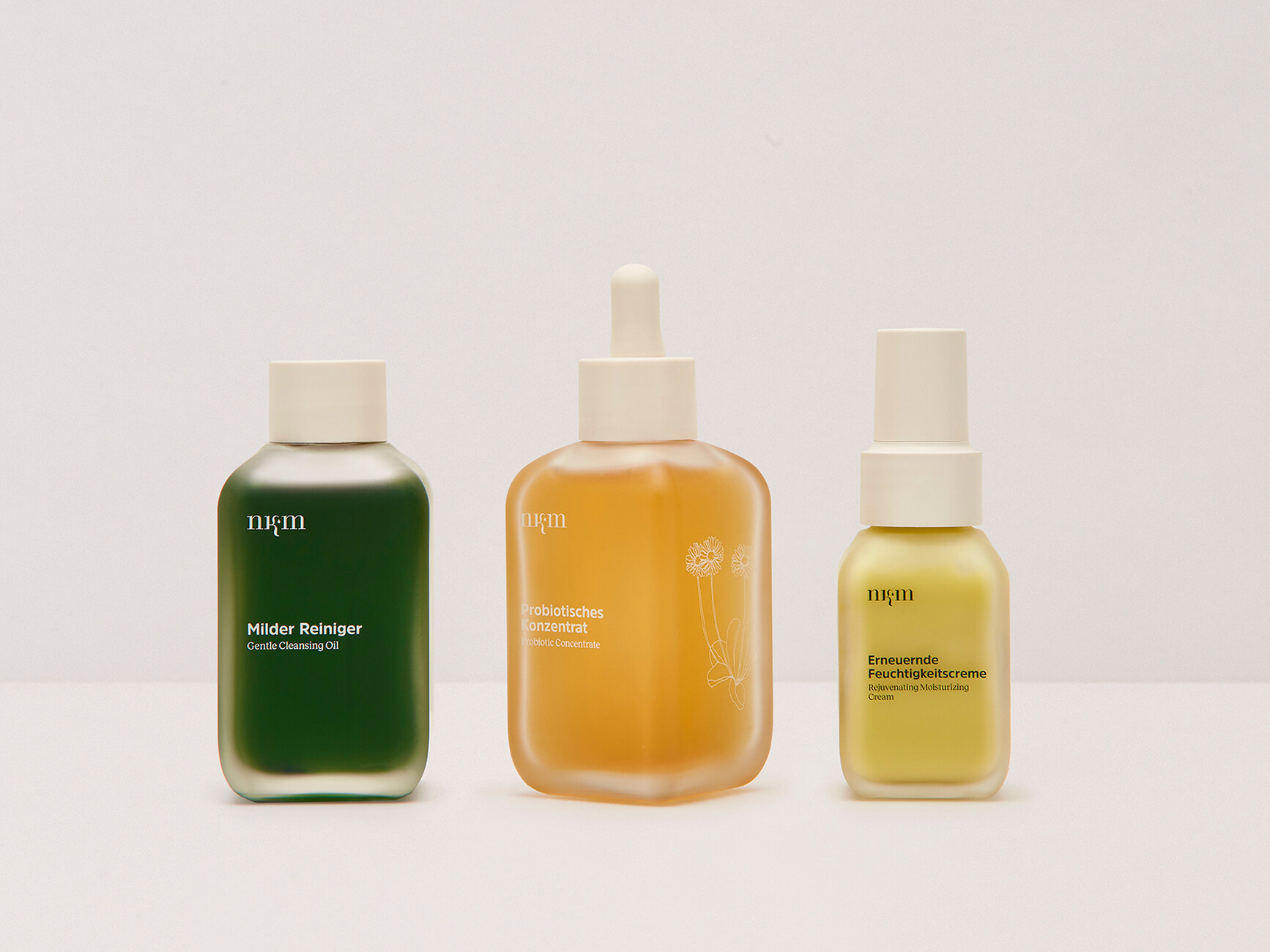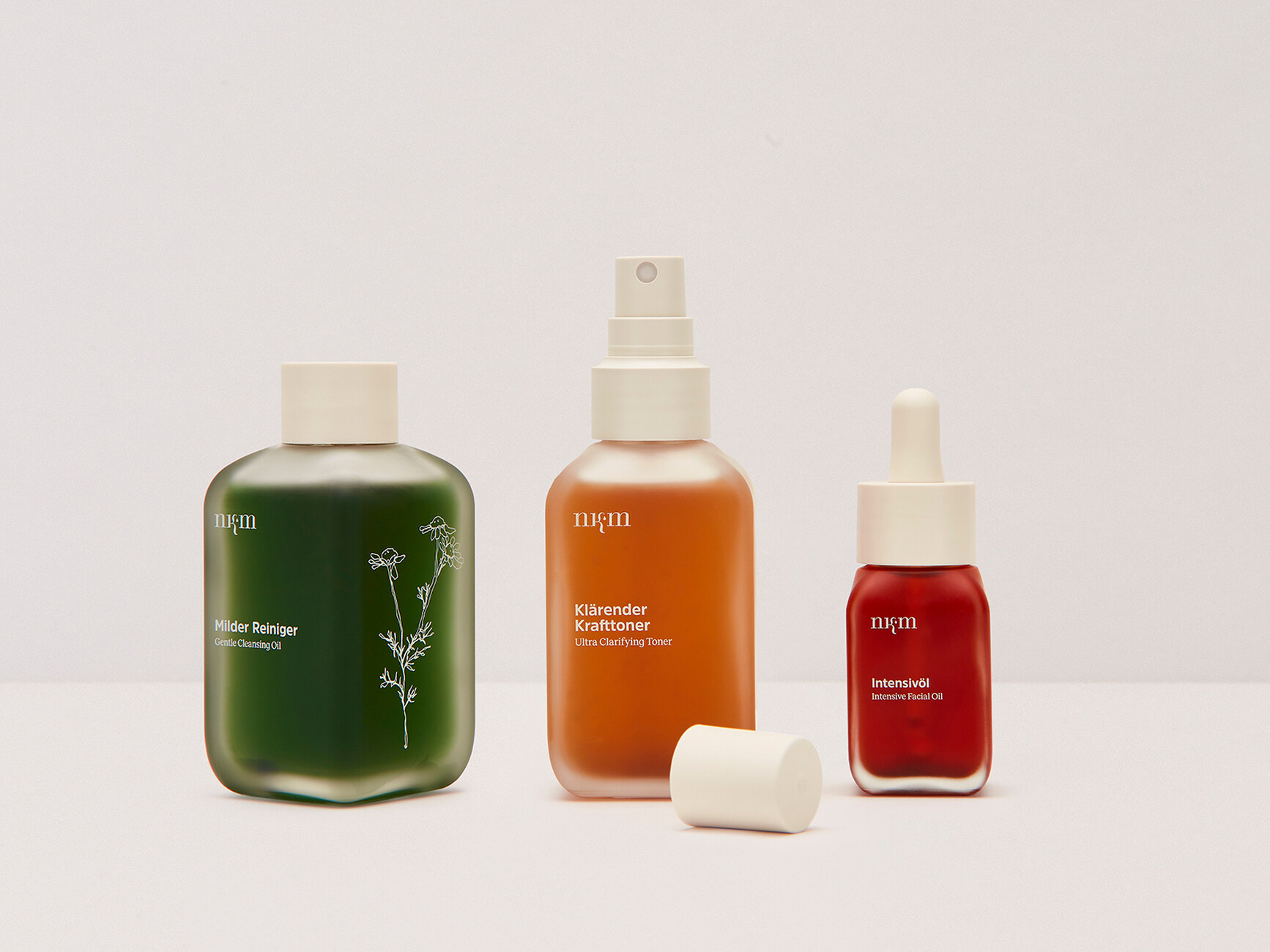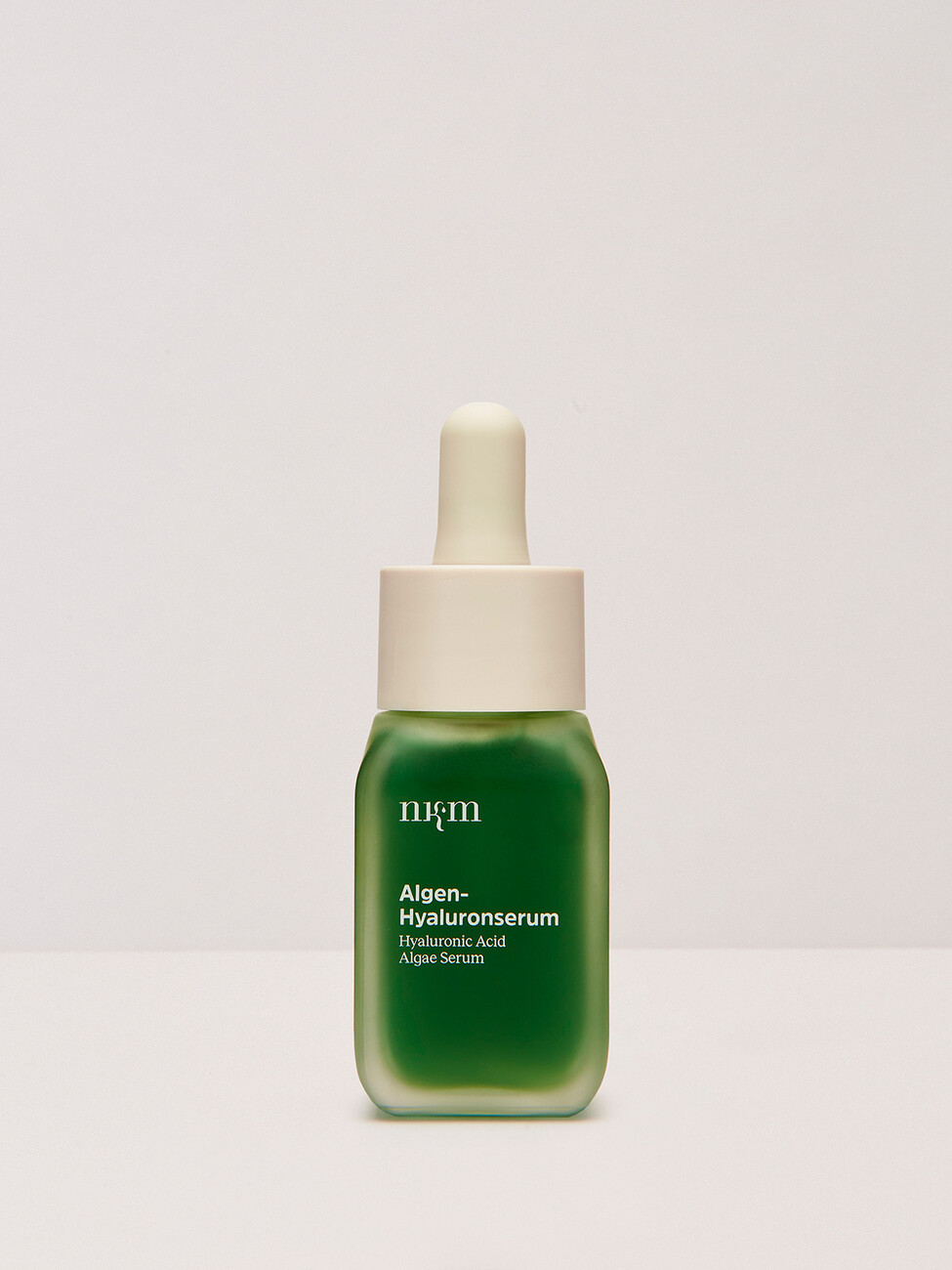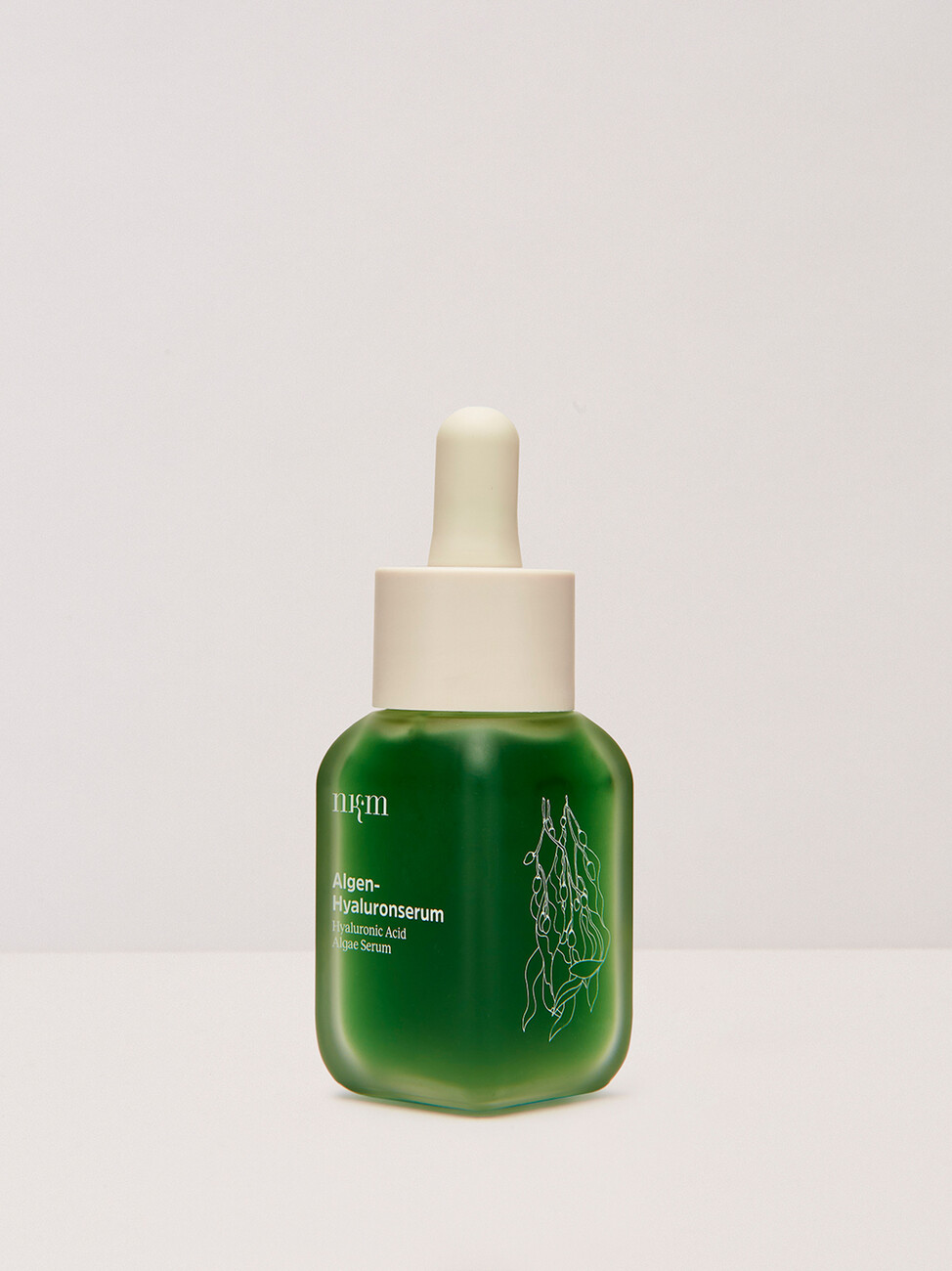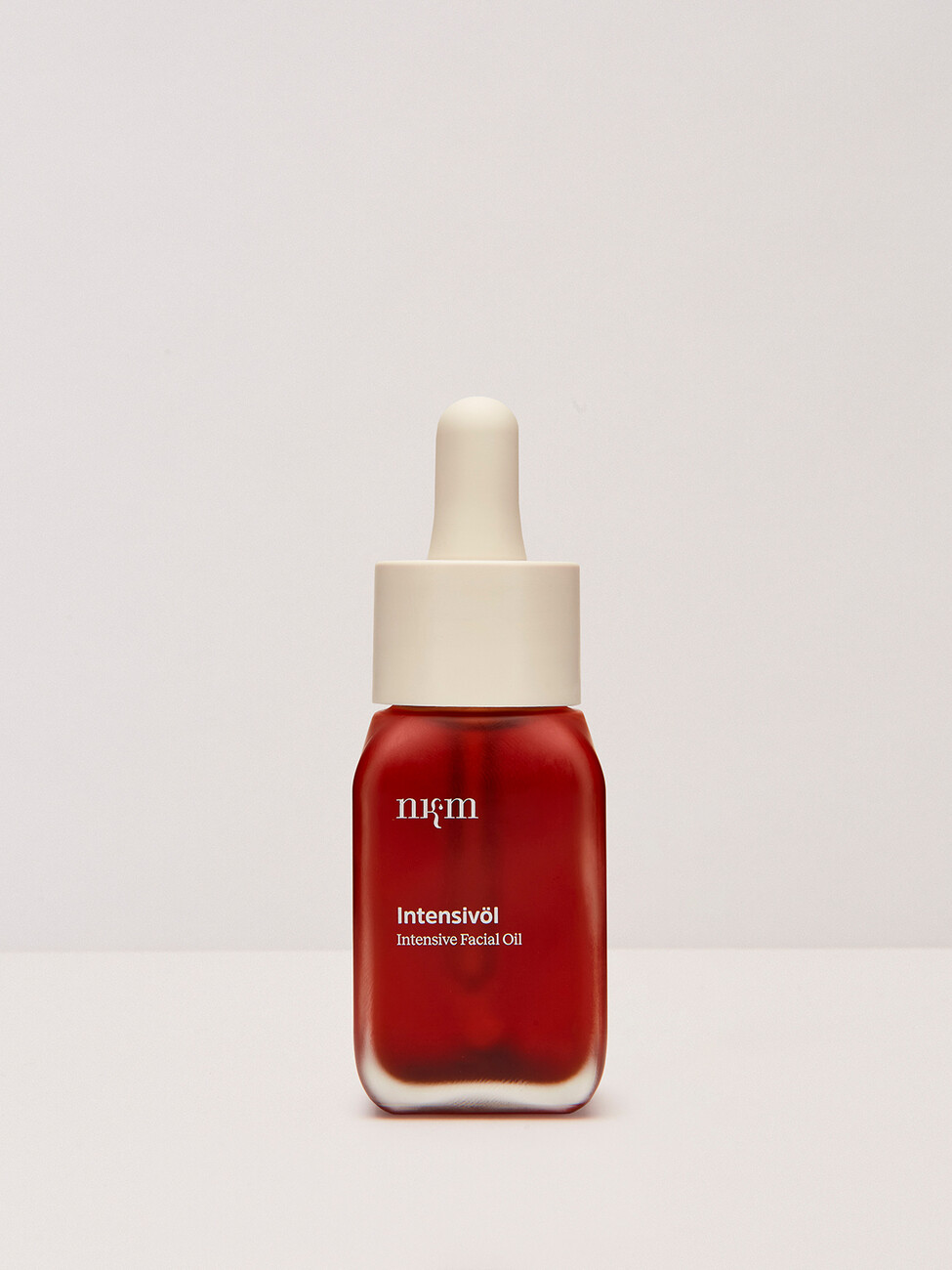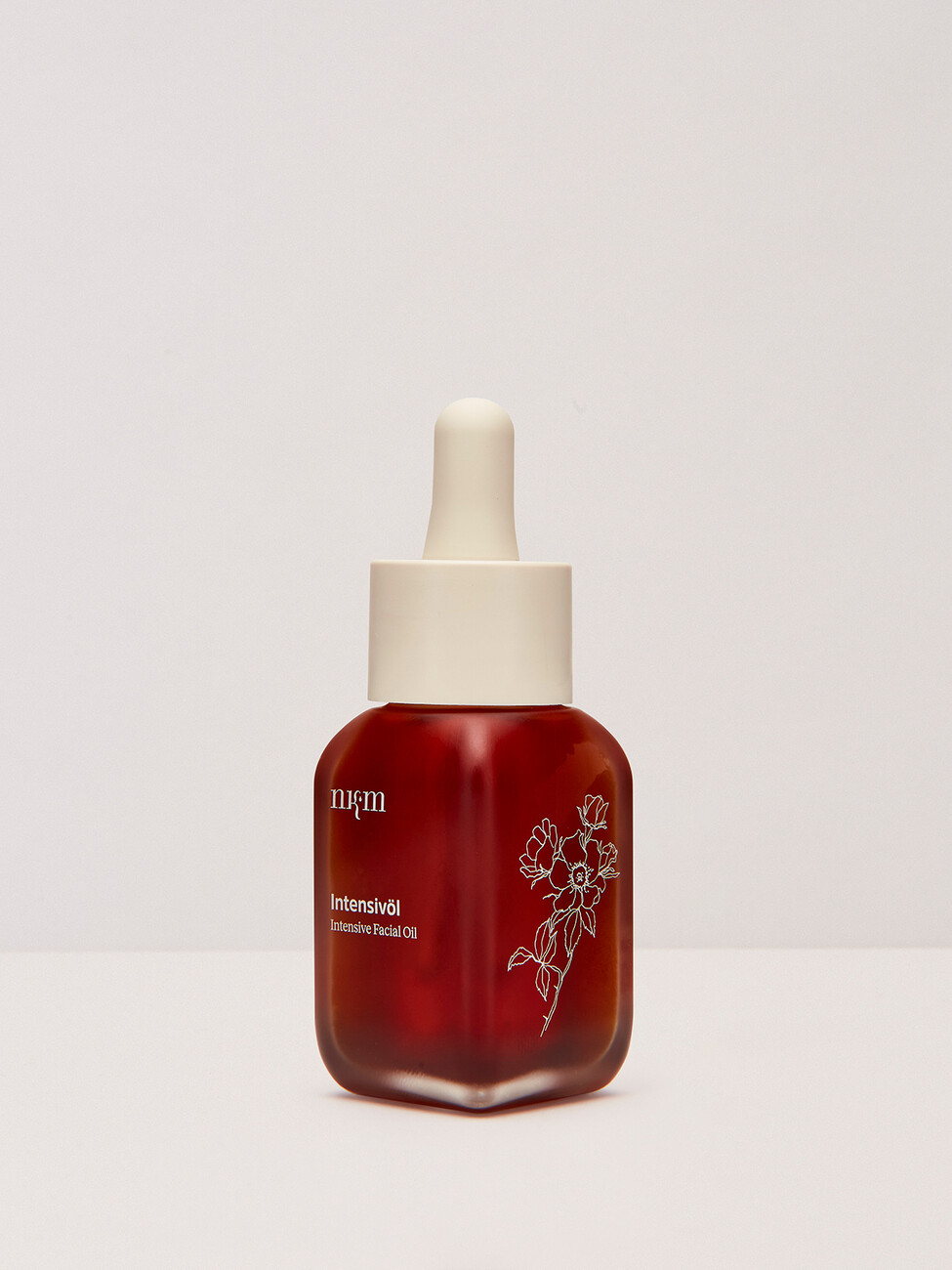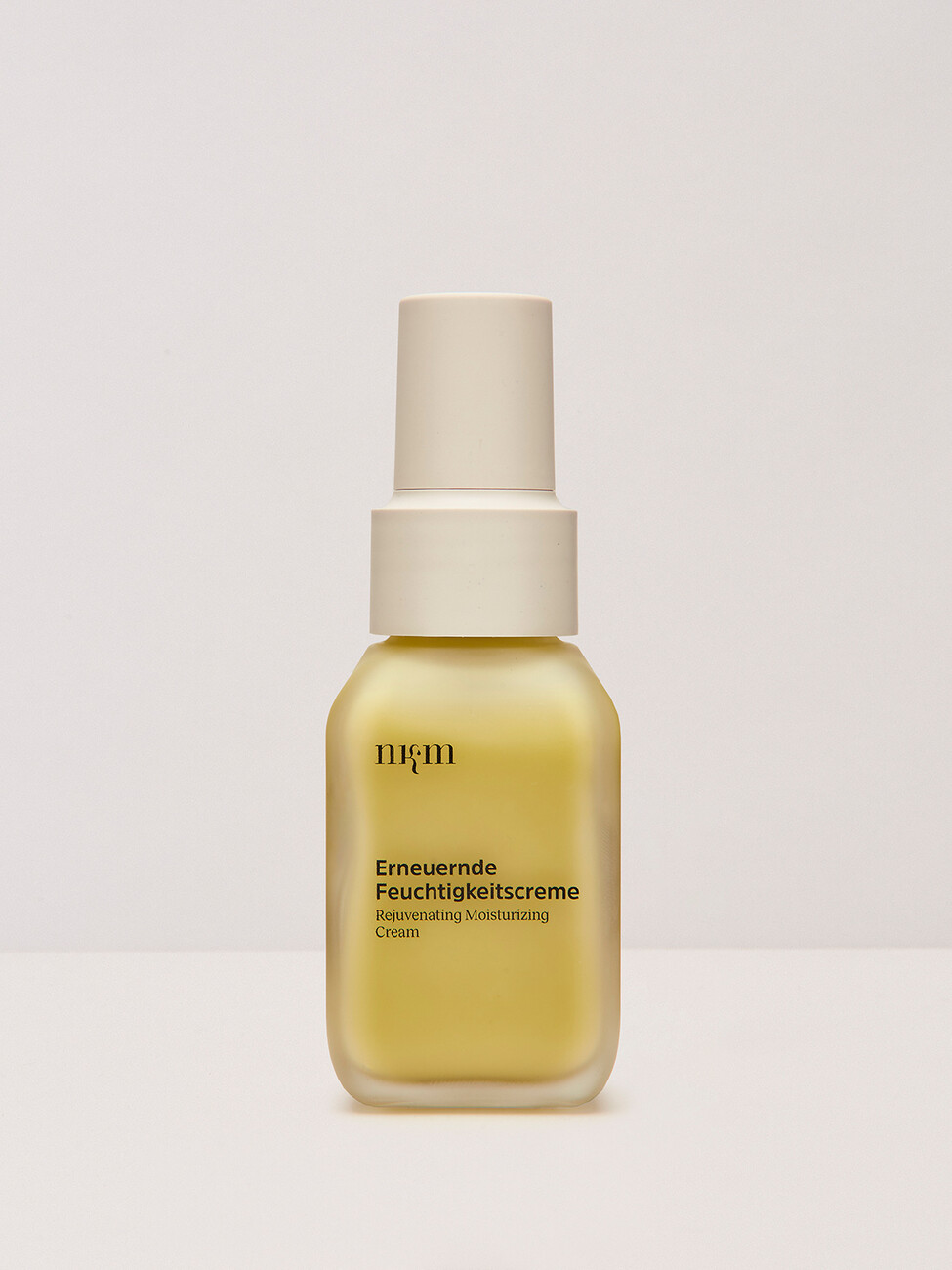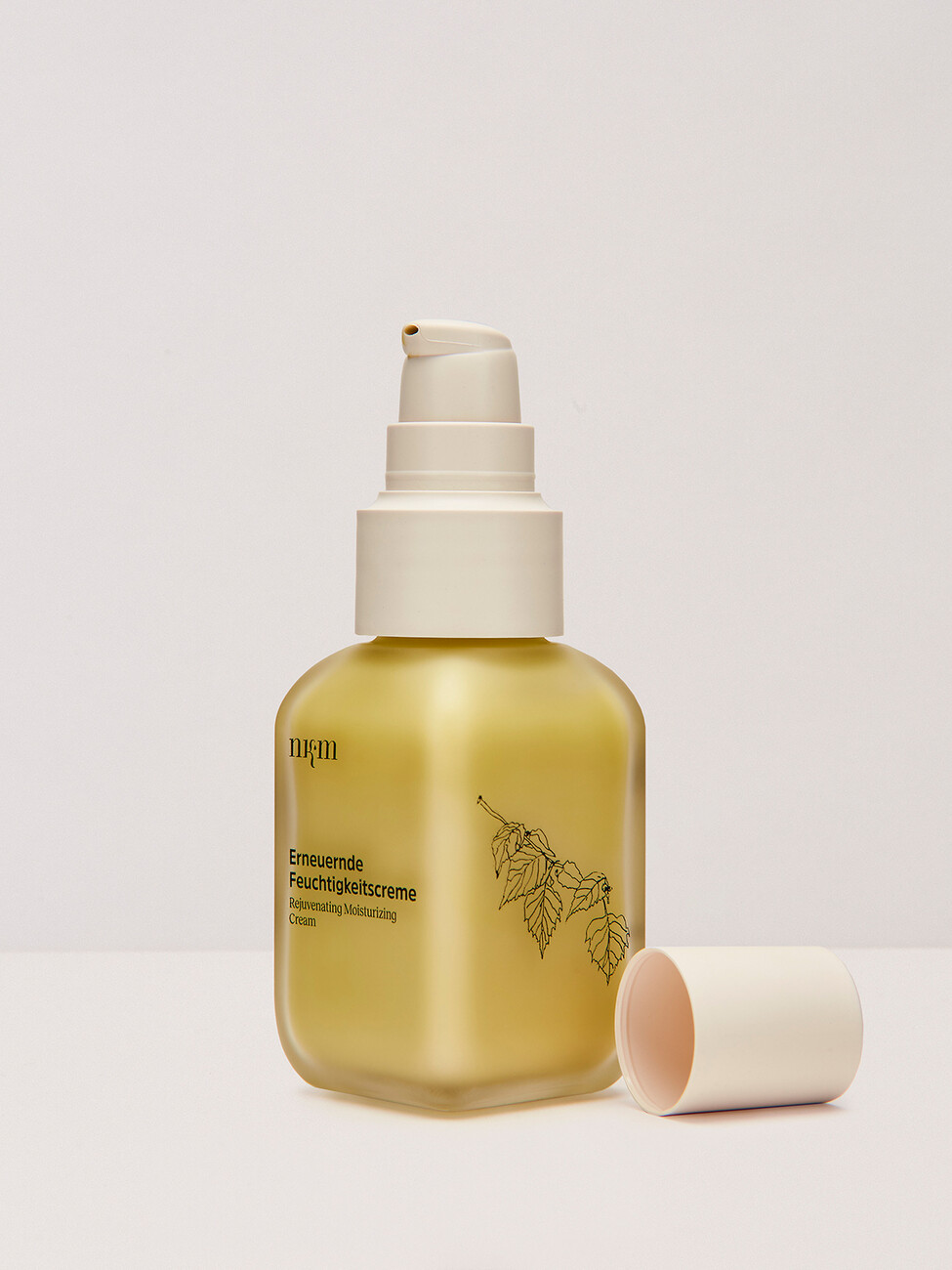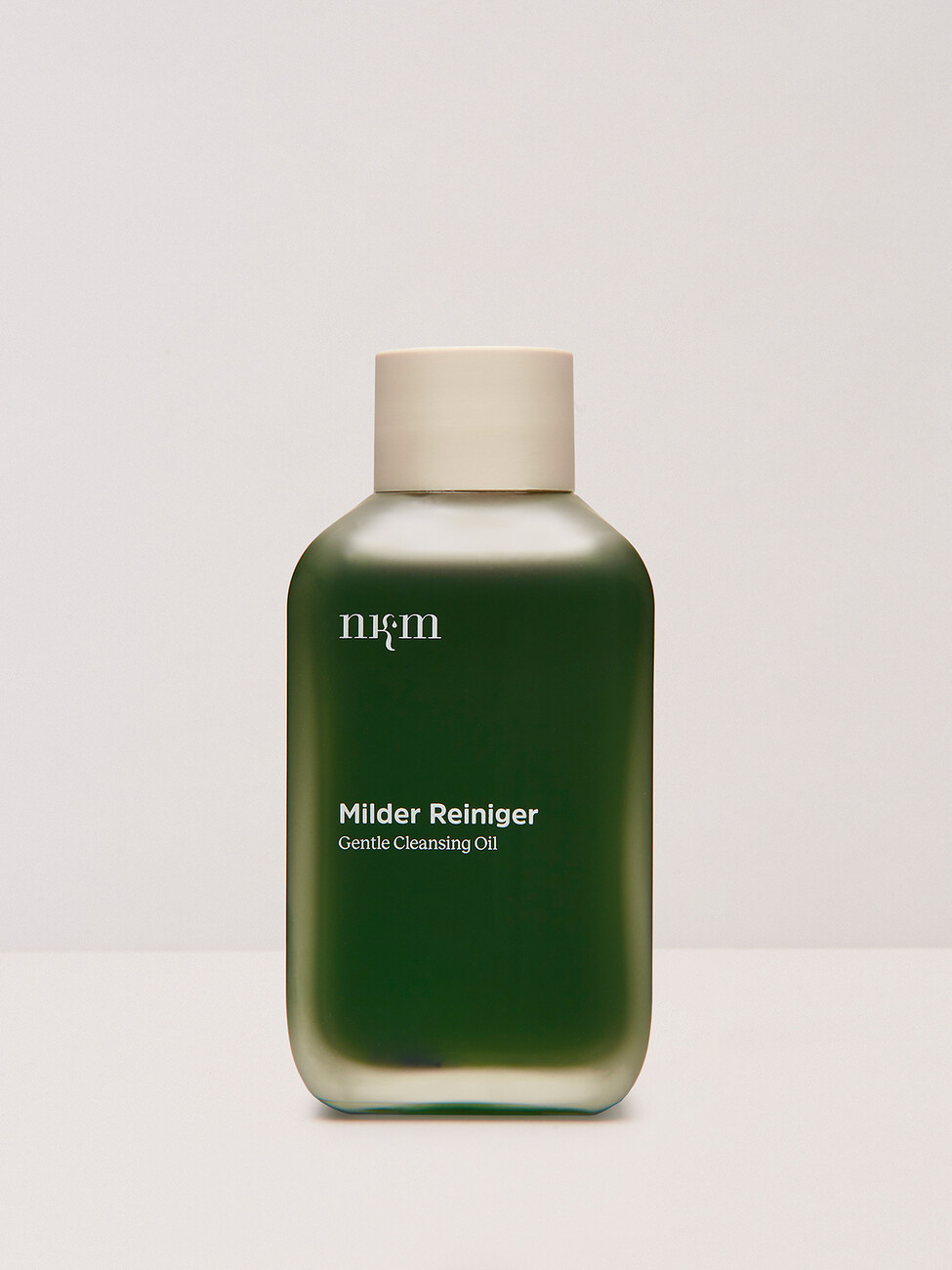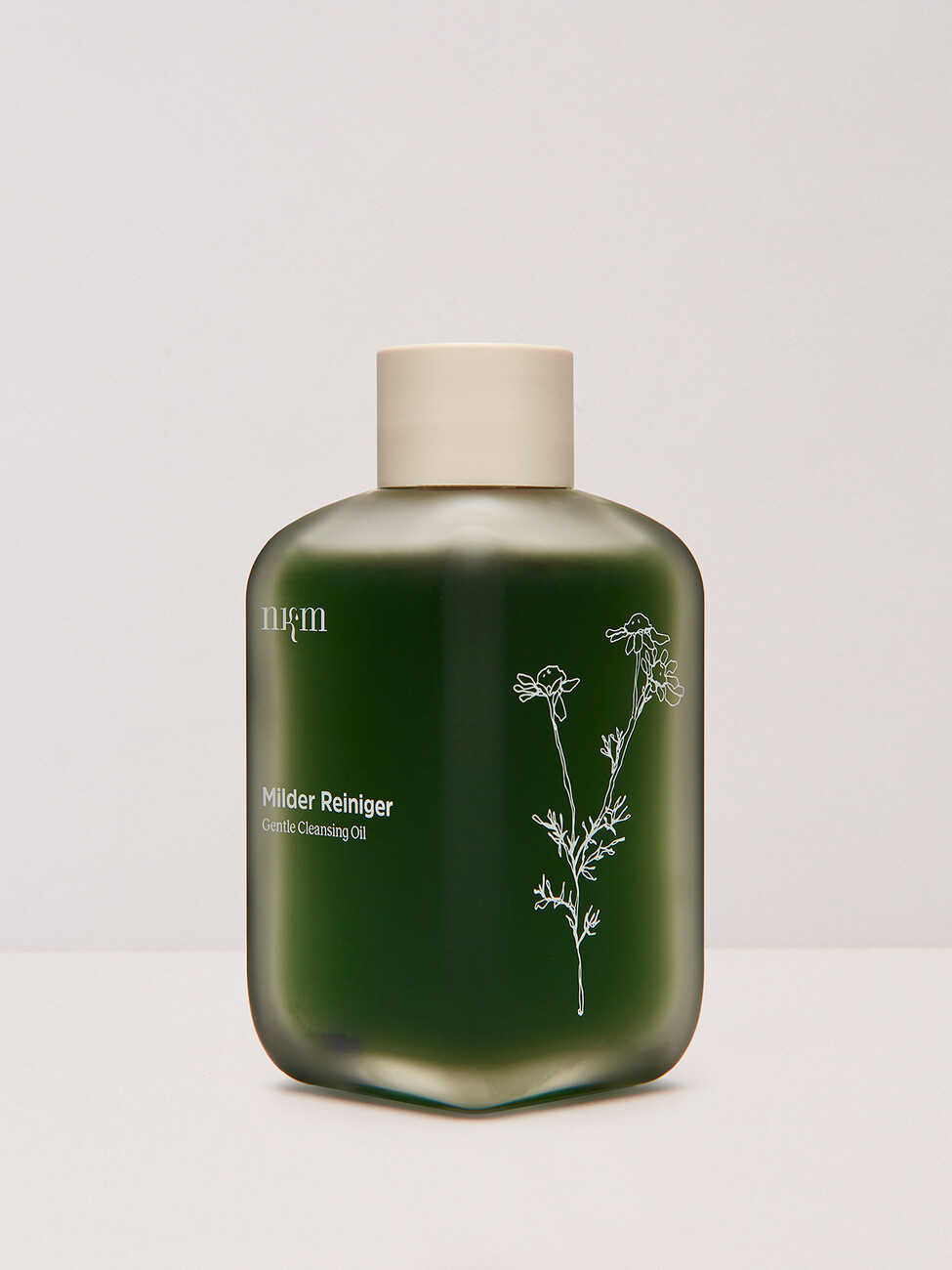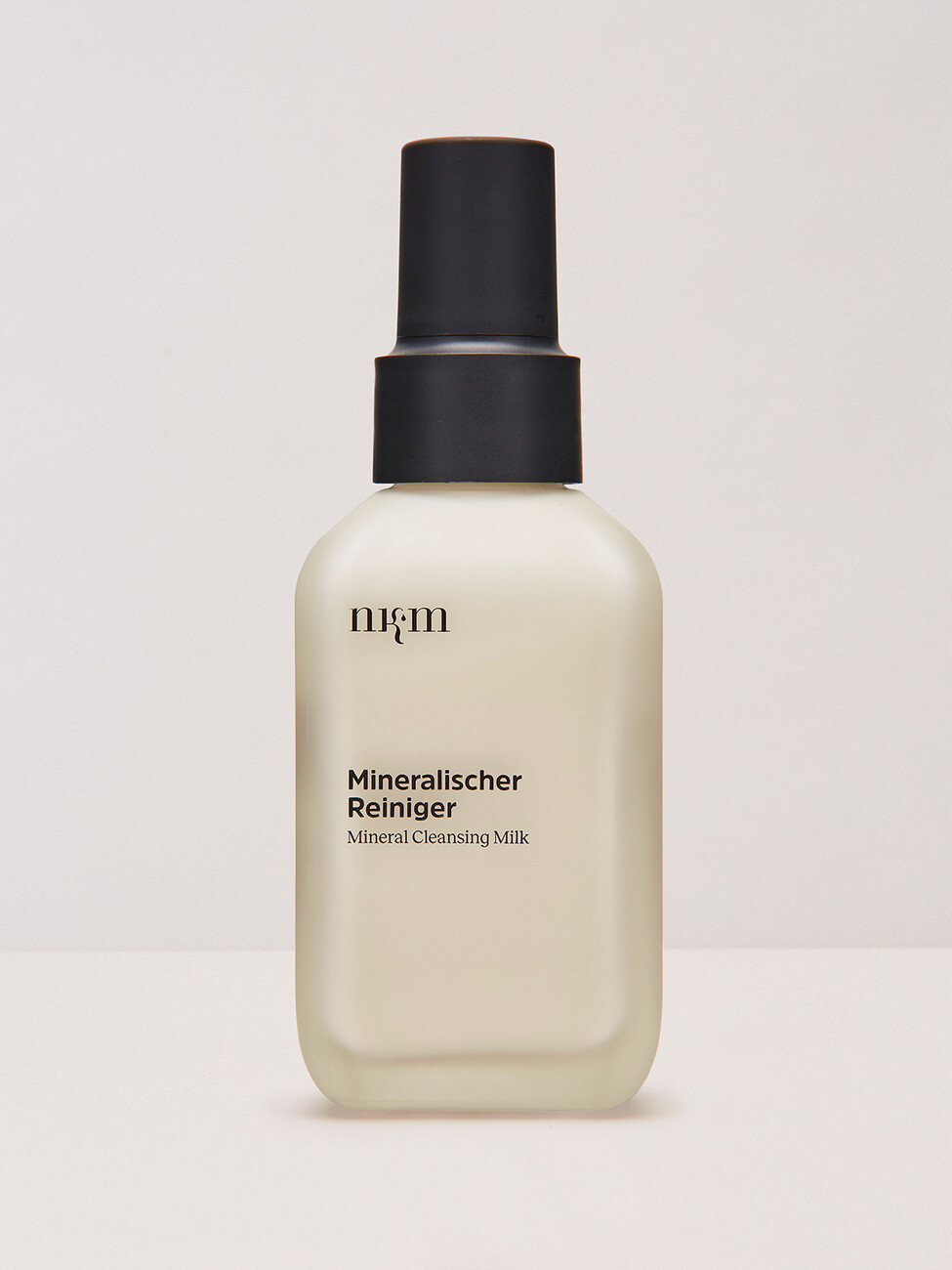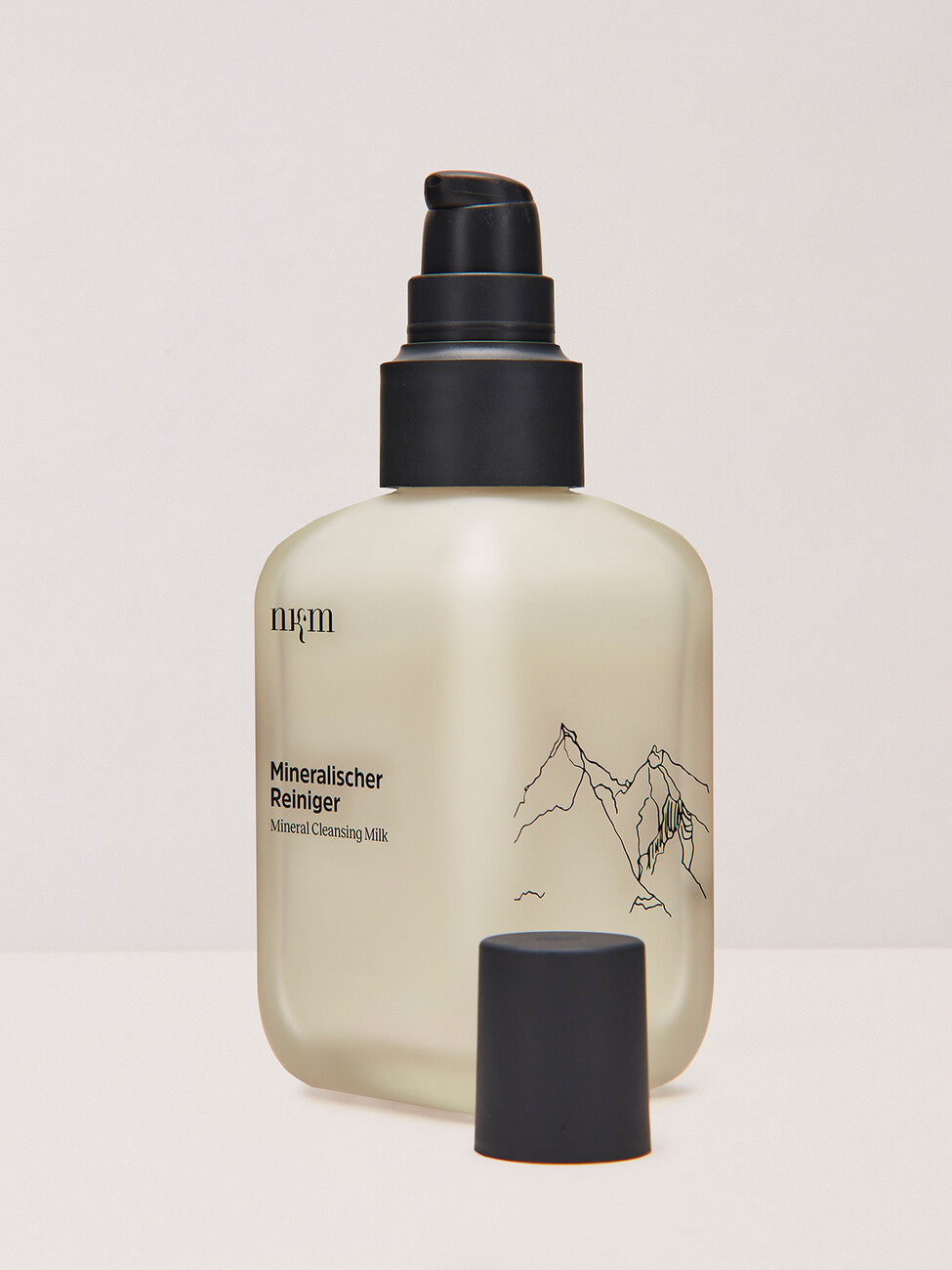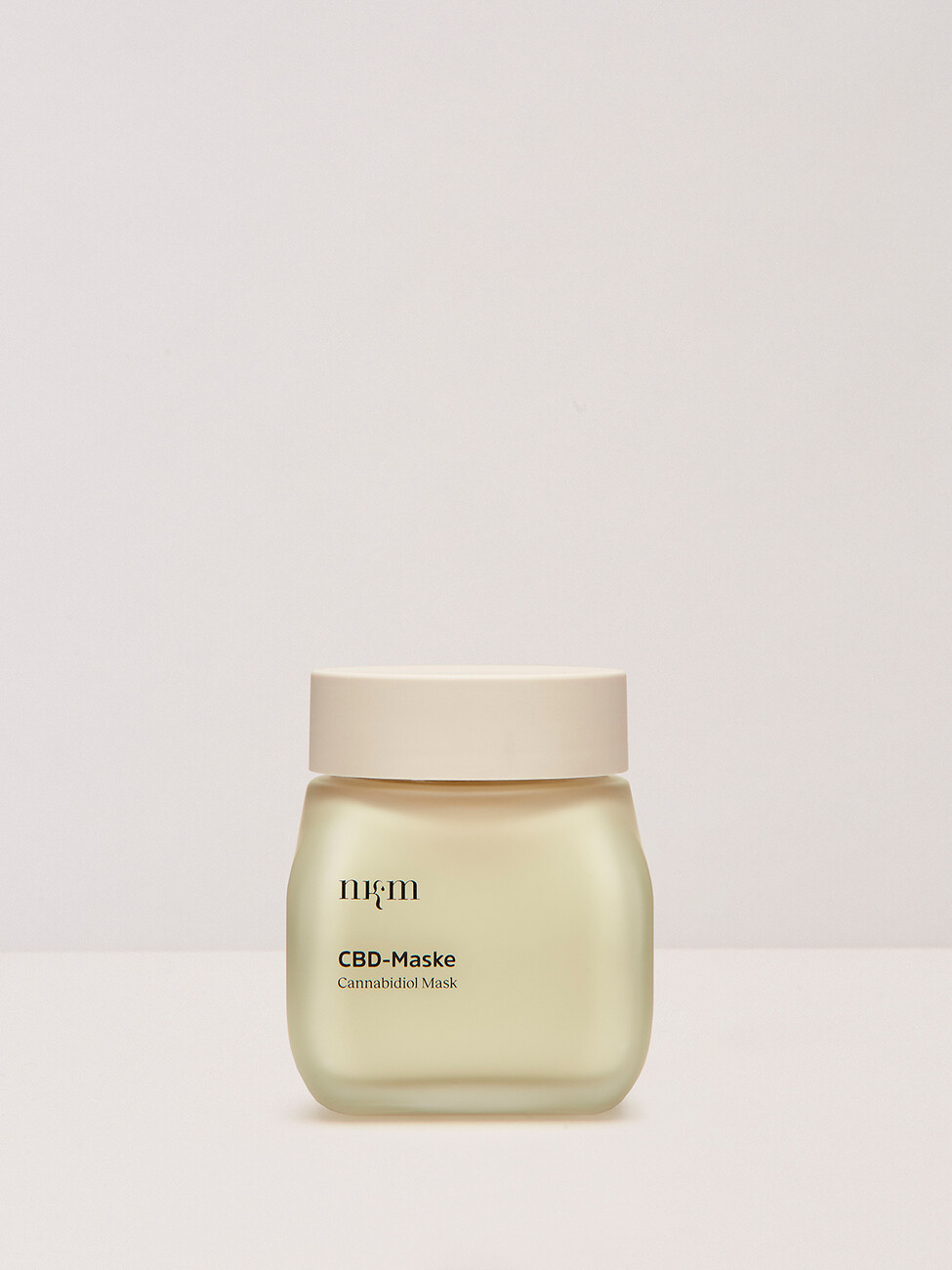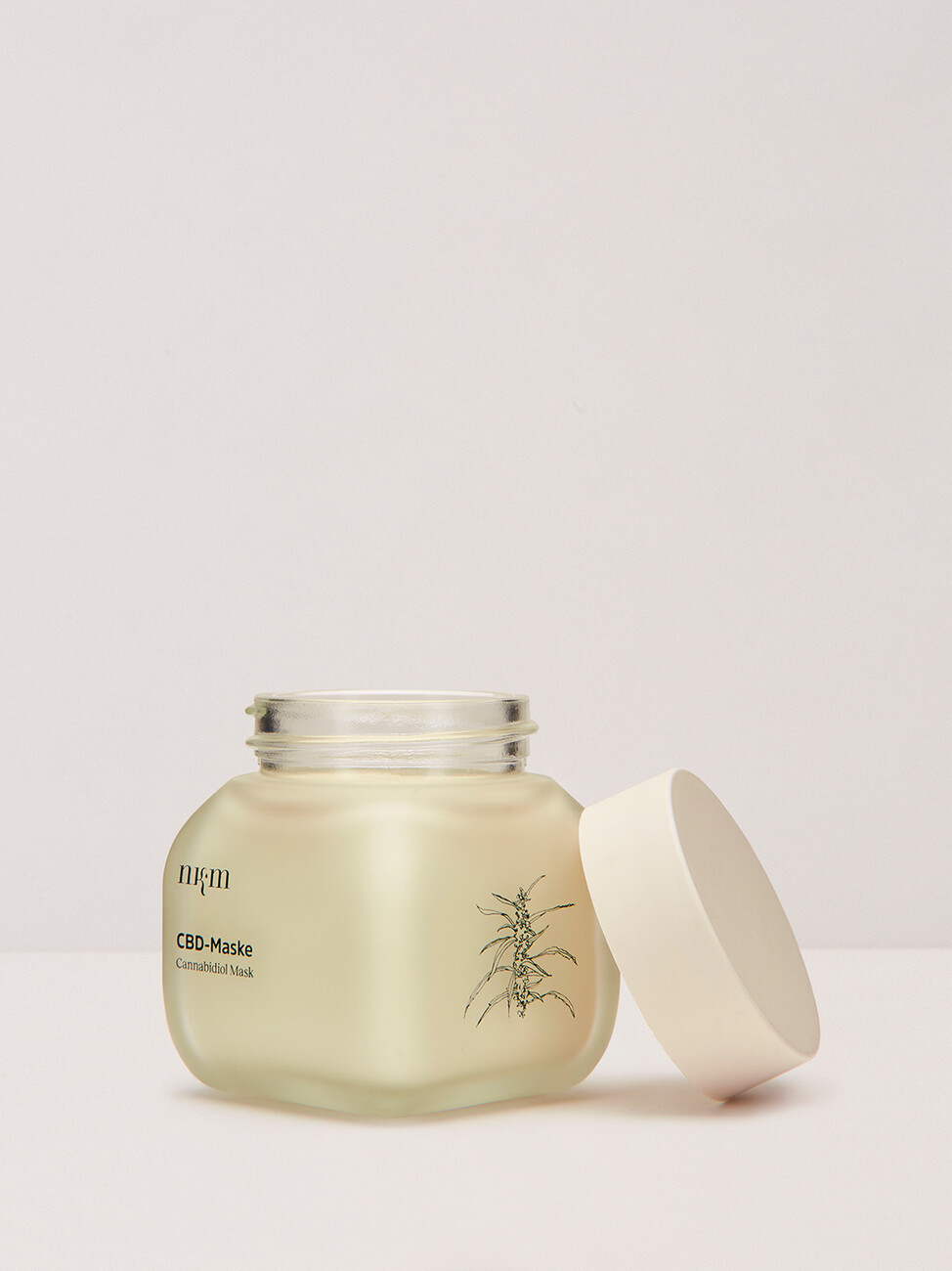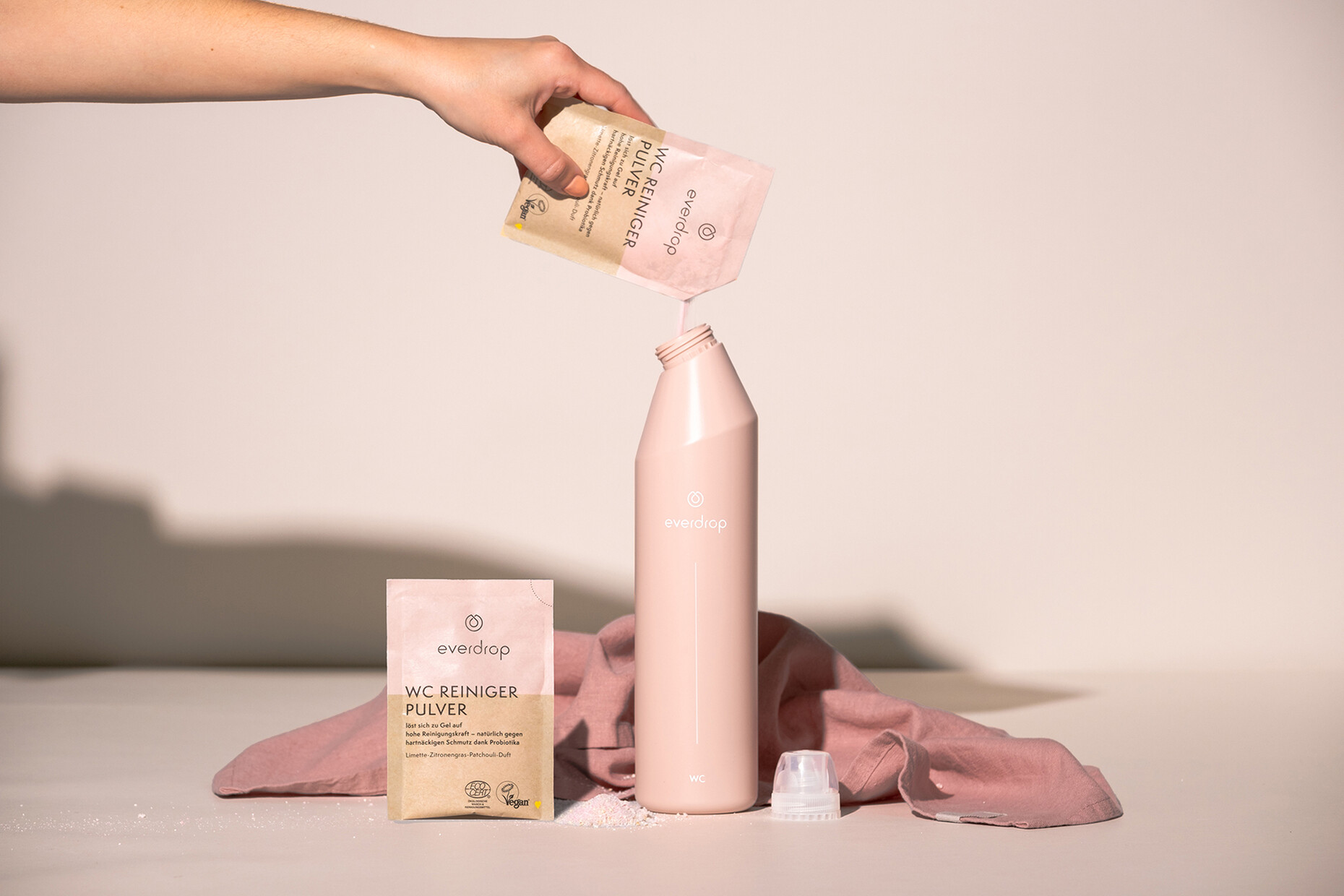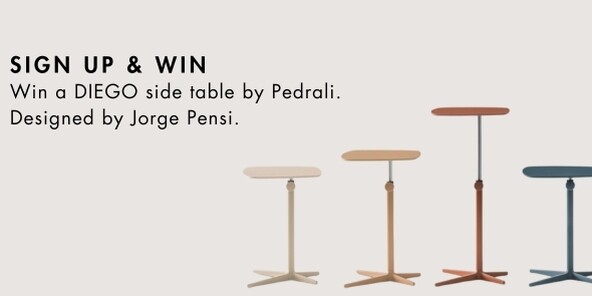SUSTAINABILITY
The Good in Beauty
As he was born and grew up in southwest Germany, Dominique Béolet is used to being asked about his name. And then he explains that though his father was born in France he was brought up speaking German. After graduating from high school, he headed for the South of France, to a place near Valence where part of his family lives. He had planned to return after three months but ended up staying two and a half years. Back in Stuttgart he applied to the Academy of Fine Arts to study product design. “Back then, I was already also interested in interior design and architecture,” he says. And adds: “But it turned out to be product design in the end even though I didn’t consciously concentrate on it.” In 2009, before completing his diploma Dominique Béolet went to Munich to do an internship under Nitzan Cohen – his professor at the time. He realized numerous interior design projects for the hospitality industry before signing on the following year at Steffen Kehrle’s newly founded studio. It marked the start for Béolet of an intensive period of concerning himself with furniture design, something that resulted in countless designs for companies such as Stattmann or L’Abbate. In 2014, the time was ripe for his own studio. And he swiftly found the perfect space for himself – set in the heart of Munich a ground-floor property in a rear courtyard in the Schwabing district. Since then, this old brightly-lit building with transom windows and a Scandinavian wood stove has been the place he produces a wide variety of designs – from industrial design, via interior design through to exhibition design. What all his creations have in common is a clear, pared-back design idiom that the designer enjoys combining with a hint of irony or a touch of playfulness.
“Beauty is an important aspect in our society and it also has its place in design,” says Béolet. That said, the designer by no means now focuses only on aesthetic appeal or functionality in his designs. Sustainability has come to be of equal importance to him. “As a designer who works with materials and introduces products into circulation, I see myself as having a great responsibility here,” he says. He also practices this conviction in his private life: When, back in 2018, he set off on a trip around the world it was clear that it would be an overland trip. Dominique Béolet walked, hitch-hiked and traveled by bus and train around the world. He went by boat from Brazil to Barcelona and cycled from there back to Munich. Shortly afterwards the Corona pandemic broke out. The world appeared to have gone off the rails. “I thought a lot about myself and critically reviewed my actions at the time,” recalls the designer. “Sustainability had always been an important topic for me, but both my world trip and the pandemic served to change my views on the matter still further.”
He received the enquiry from nkm at just the right time. Back then the natural cosmetics start-up had just opened its first studio in Munich and was toying with the idea of creating a reusable system for its bottles. Béolet did his research and advised the company founders regarding sustainable materials and production processes. He also took into account the environmental impact of the transportation of the vials, even investigating such things as the trucks’ tire abrasion. “At the very beginning we realized that we need several studios in Germany if people were to be able to actually drop off the bottles,” Dominique Béolet recollects. To date the designer has created an entire line of bottles for nkm that are produced at Heinz-Glas in Bavaria using green electricity. “It was a conscious decision to opt for the lowest quality of glass,” he explains. “After all, it is appreciably more sustainable not to have to sort out a bubble or streak.” As far as the items for applying cosmetics are concerned the industry had for a long time been content, he suggests, to source everything cheaply from China. Today, many firms rely on local suppliers. “This is why I have developed a concept for nkm that can be produced completely in Germany,” he says.
Since then, the pump and spray heads attachments have been replaced by a tried-and-tested alternative produced in Germany: the glass pipette. The accompanying screw top is made from plastic produced, collected, granulated and then re-inject-molded in Bavaria. The glass pipettes are rinsed at the manufacturer’s end and then reused. With the support of Dominique Béolet in November 2022 nkm succeeded in implementing a holistic circular system – both for the glass bottles and the tops. In addition to the Munich studio there are two further studios in Hamburg and Berlin where customers can drop off empty bottles. Other studios are to follow. For Dominique Béolet nkm was the first major project in which he was able to specifically address the topic of sustainability at a granular level. And it will not be the last one: He's already busy designing bathroom utensils for everdrop.


